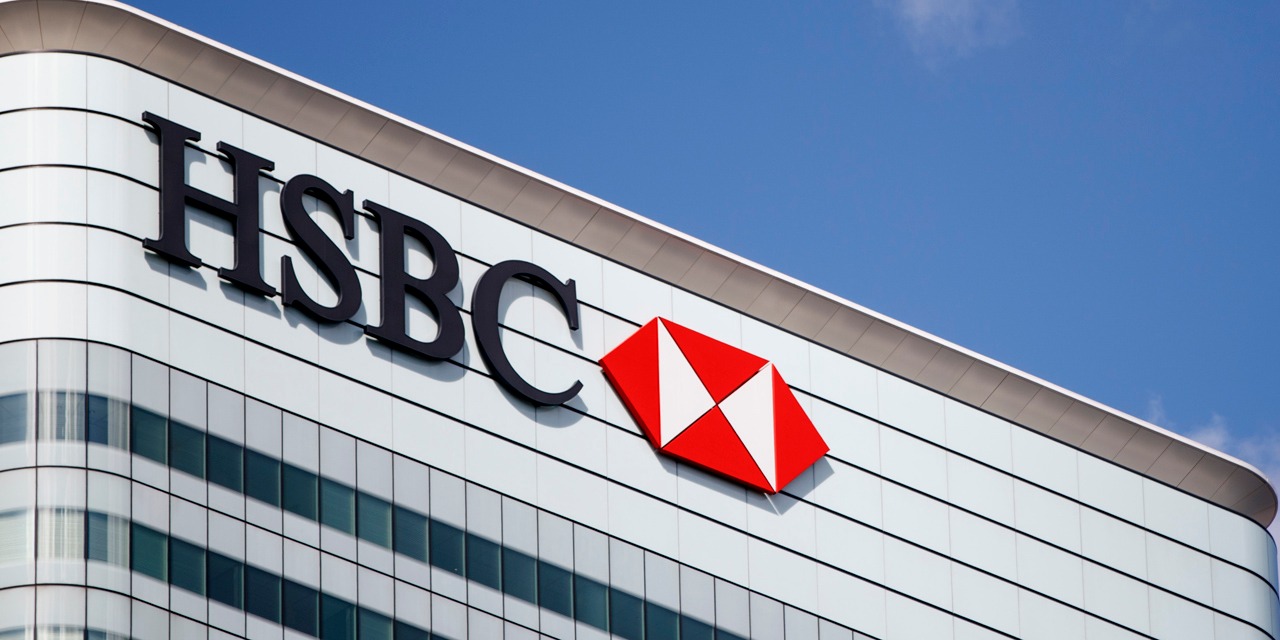Large banks, such as HSBC, Société Générale or Deutsche Bank, were battered Monday on the stock market.
The consequence of the revelations of a consortium of journalists, who accuse them of having allowed the laundering of dirty money on a large scale.
HSBC, Deutsche Bank, JPMorgan Chase ... These big names in finance were mistreated on the stock market Monday, after the revelations of a consortium of journalists who accuse them of having allowed large-scale dirty money laundering.
In Frankfurt, Deutsche Bank finished down 8.76%.
Standard Chartered, also in the spotlight, dropped 5.82% in London at the end of the session.
In Hong Kong, HSBC hit its lowest in 25 years, falling 5.33%.
Besides the fact that the group was cited by the investigation of the consortium of journalists, it could face sanctions from Beijing as part of retaliatory measures against certain foreign countries.
Also quoted in the case, the ING bank plummeted 9.27% in Amsterdam.
According to reports from the Dutch press, the bank's subsidiary in Poland has helped clients send suspicious funds outside of Russia for years.
The French bank Societe Generale is also targeted by the investigation, which accuses it of a lack of transparency vis-à-vis certain customers of its Swiss subsidiary SGPB.
Its share lost 7.66% in Paris.
The shock wave was felt across the Atlantic: mid-session on Wall Street, the giant JPMorgan Chase dropped 4.08%.
In its wake, Bank of America dropped 3.89%, while Morgan Stanley and Wells Fargo fell 4.5% and 5%.
Huge amounts of dirty money
In its survey conducted by 108 international media from 88 countries, the International Consortium of Investigative Journalists (ICIJ) denounces the deficiencies in the regulation of the sector.
The "FinCEN Files" investigation is based on thousands of "suspicious activity reports" (SAR) sent to the United States Treasury Financial Police (FinCen) by banks around the world, but "kept out of public view ".
According to the ICIJ, astronomical amounts of dirty money have passed through the world's largest banking institutions for years.
These documents relate to 2,000 billion dollars of transactions, between 1999 and 2017. It would be money coming from drugs and criminal acts or even misappropriated fortunes of developing countries.
The investigation points in particular to five large banks - JPMorgan Chase, HSBC, Standard Chartered, Deutsche Bank, and Bank of New York Mellon - accused of having continued to transit money from suspected criminals, even after having been prosecuted or convicted of financial misconduct.
The suspicious activity reports, on which the consortium journalists relied, "are not declarations of crime or fraud, but alert to potential cases of economic crime", argues UK Finance, the finance lobby British, in a statement sent to AFP.
Banks defend themselves
For its part, HSBC presents the accusations of the ICIJ as old and prior to an agreement reached on the subject in 2012 with the US Department of Justice.
She also says she has since strengthened her capacity to fight financial crime.
In a statement, Deutsche Bank assured that the consortium's revelations were in fact information "well known" to its regulators and said it had "devoted significant resources to strengthening its controls."
ING for its part affirmed that it had ceased its relationship in 2018 with one of the incriminated companies for having collaborated with its Polish subsidiary, and that it was preparing to do the same with the second.
"Societe Generale strictly complies with all the regulations of the countries in which the bank is established. (...) All the suspected cases that it detects are thus systematically declared to the competent authorities, these declarations comprising all of the elements that the bank is able to communicate in accordance with local regulations, "said the establishment in a press release sent to AFP.

